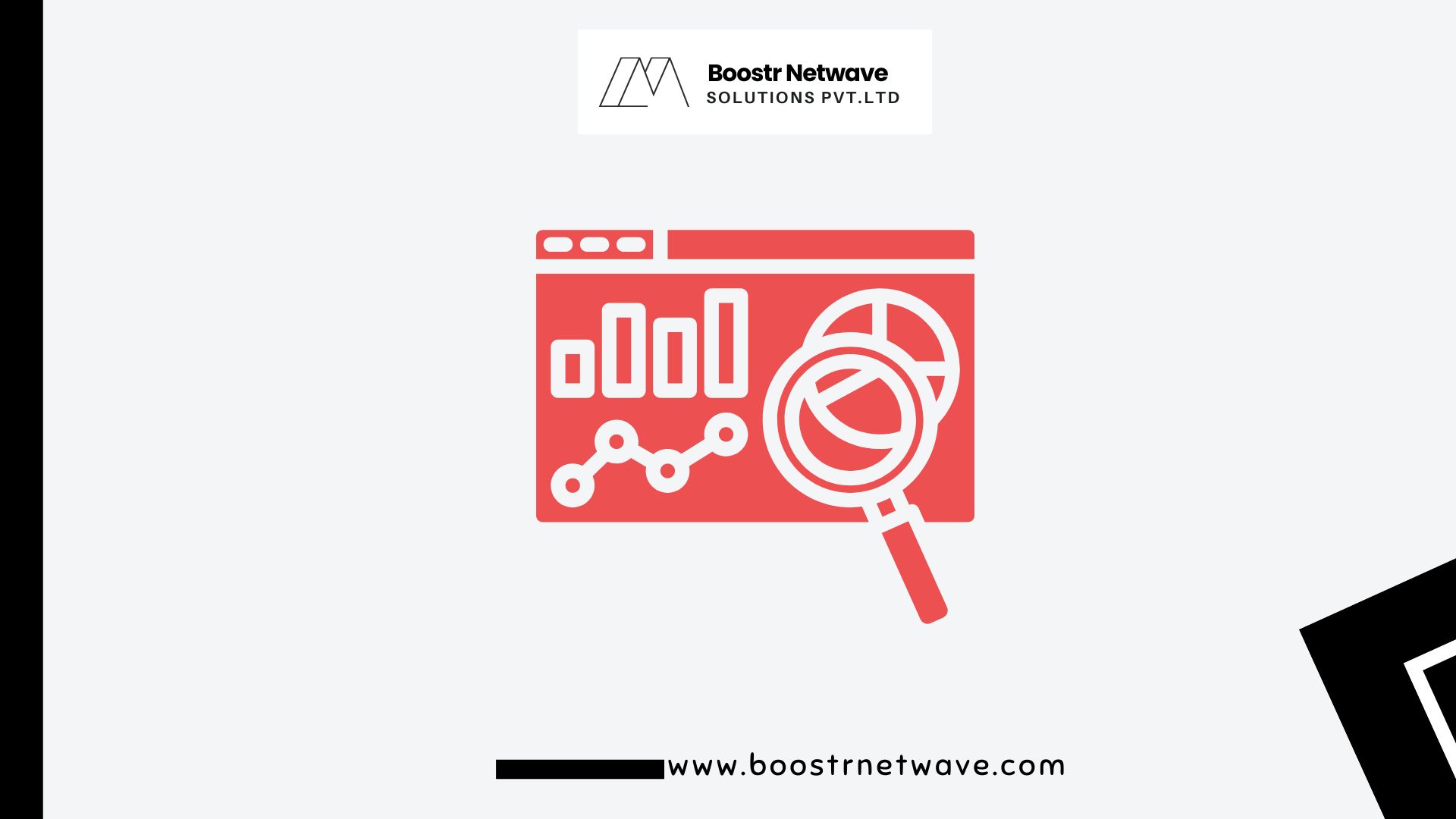A key component of marketing strategy is market segmentation, which is breaking down a large target market into smaller, easier-to-manage groups according to specific traits. Businesses may increase their chances of success in the marketplace by doing this because they can customize their goods, services, and marketing initiatives to match the unique requirements and preferences of each market group.
4 Types Market Segmentation Types
Demographic Segmentation
By separating the market according to demographic factors including age, gender, income, occupation, education, and family size, a process known as demographic segmentation is carried out. Because it is so simple to gather demographic data, this kind of segmentation is one of the most popular and extensively utilized techniques.
Geographic Segmentation
Market segmentation based on geography, including region, climate, and population density, splits the market. This kind of segmentation acknowledges that a customer’s wants and preferences may change based on their place of residence.
Psychographic Segmentation
Customers are categorized using psychographic segmentation according to their interests, values, attitudes, way of life, and personality characteristics. This kind of segmentation helps companies understand what influences their consumers’ purchase decisions by going deeper into the psychological elements of consumer behavior.
Behavioral Segmentation
Market segmentation based on customer behavior, such as product consumption, brand loyalty, and purchasing patterns, is known as behavioral segmentation. By focusing on comprehending how customers engage with brands and products, this kind of segmentation enables companies to customize their marketing campaigns.
Market segmentation advantages
For firms, market segmentation provides a number of advantages, such as:
- Improved targeting: Companies may craft their marketing messaging to appeal to the distinct requirements and preferences of each consumer segment by identifying distinct customer segments.
- Enhanced customer happiness: Businesses may boost customer satisfaction and loyalty by providing goods and services that are more pertinent to their target market.
- Improved resource allocation: By concentrating their efforts on the most lucrative consumer categories, market segmentation helps organizations allocate their resources more profitably.
Challenges of Market Segmentation
While market segmentation offers many benefits, it also presents some challenges, including:
- Data collection: It might be difficult and time-consuming to get up-to-date reliable data on the characteristics of customers.
- Excessive segmentation of the market might result in overcomplication and ineffective marketing initiatives.
- Shifting consumer behavior: Businesses find it challenging to stay up to date with the ever-evolving market trends due to the quick changes in customer tastes and behavior.
Examples of Successful Market Segmentation
Several companies have successfully implemented market segmentation strategies to target specific customer segments effectively. Some notable examples include:
- Nike: Nike has effectively segmented its market based on factors such as age, lifestyle, and sports interests, allowing the company to offer a wide range of products tailored to different customer segments.
- Starbucks: Starbucks has segmented its market based on factors such as demographics, psychographics, and behavioral characteristics, allowing the company to create personalized marketing campaigns and offerings for its diverse customer base.
- Apple: Apple has successfully segmented its market based on factors such as demographics, psychographics, and behavioral characteristics, allowing the company to develop products and services that appeal to different customer segments, from tech enthusiasts to creative professionals.
Conclusion
Market segmentation is a powerful tool that allows businesses to identify and target specific customer segments with tailored marketing strategies, products, and services. By understanding the different types of market segmentation and their benefits and challenges, businesses can develop more effective marketing strategies and increase their chances of success in the marketplace.





